Suzanne Collins' next book in the Hunger Games franchise, Sunrise On The Reaping, is one of the most highly anticipated dystopian books of 2025. Collins' Hunger Games books have sold over 100 million copies worldwide, and, alongside its Hunger Games movie adaptations, the series has invited a whole new generation of readers to enjoy the dystopian genre. And as the release of the new Hunger Games prequel is still a few months away, there are several great dystopian novels fans can read in the meantime.
Books in the dystopian genre often describe a future or alternate society, one that is typically oppressed by government corruption or environmental ruin. These types of novels usually tap into the ethics and morality of government functions, and see its main protagonist attempt to resist its oppressive authority—like Katniss from the original Hunger Games trilogy. While there are several amazing dystopian books available, these will be the ten best to read while waiting for the new Hunger Games novel.
10 The Grace Year (2019)
Written by Kim Liggett
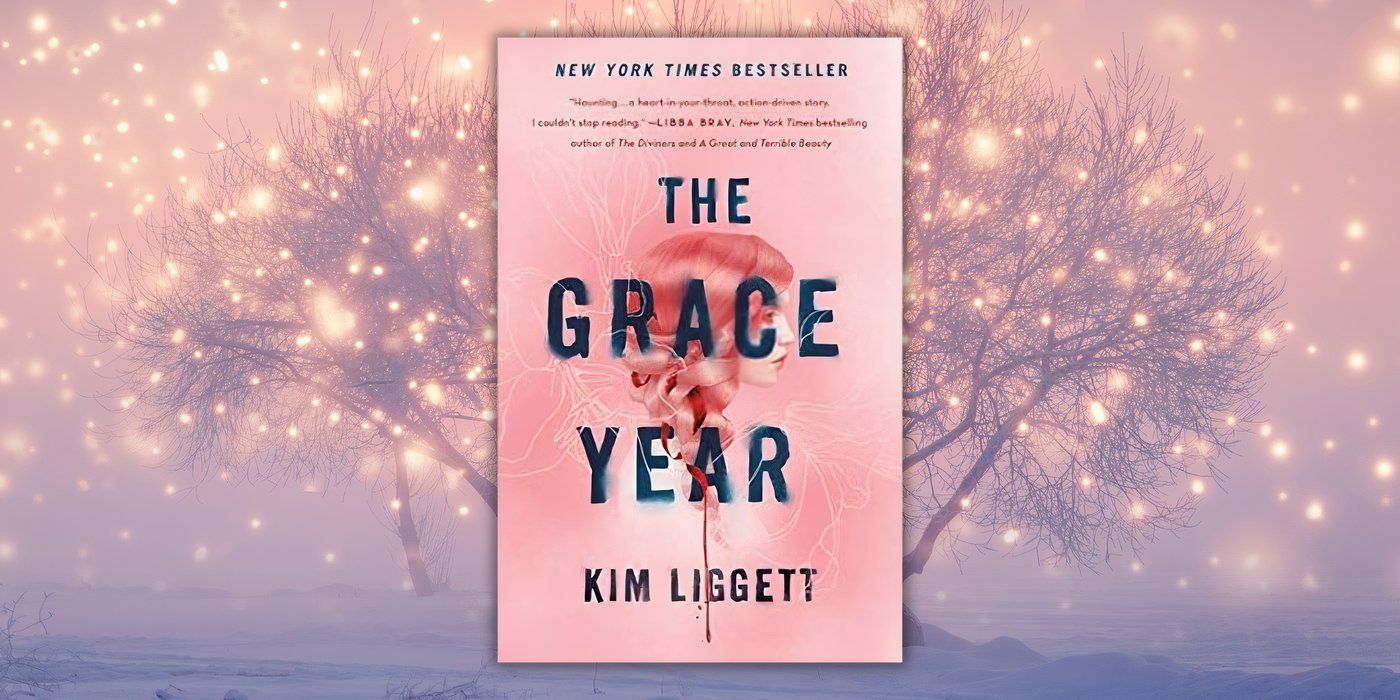
The Grace Year by Kim Liggett is an entirely unique stand-alone dystopian novel. Garner County believes that women are born with magic to lead men astray—and to counteract this, they banish girls during their sixteenth year to release their so-called magic safely in the wild. After their year exiled from home, the girls have transformed into women and can return purified of their previous affliction. The book's main protagonist, Tierney, has always believed these claims to be ridiculous, but it isn't until her own Grace Year that she discovers the truth behind them.
Liggett uses the narrative to truly confuse readers as to what happens during the girls' Grace Year—and the mystery behind their magic is extremely entertaining to solve.
The Grace Year does an incredible job of exploring the dynamics of girlhood into womanhood, and showcases the many complex relationships had between young women at that age. Liggett uses the narrative to truly confuse readers as to what happens during the girls' Grace Year—and the mystery behind their magic is extremely entertaining to solve. The book's ending hints at a future rebellion against the system's corruption, but The Grace Year itself acts more so as an awakening of the truth for several characters.
9 Red Rising (2014)
Written by Pierce Brown
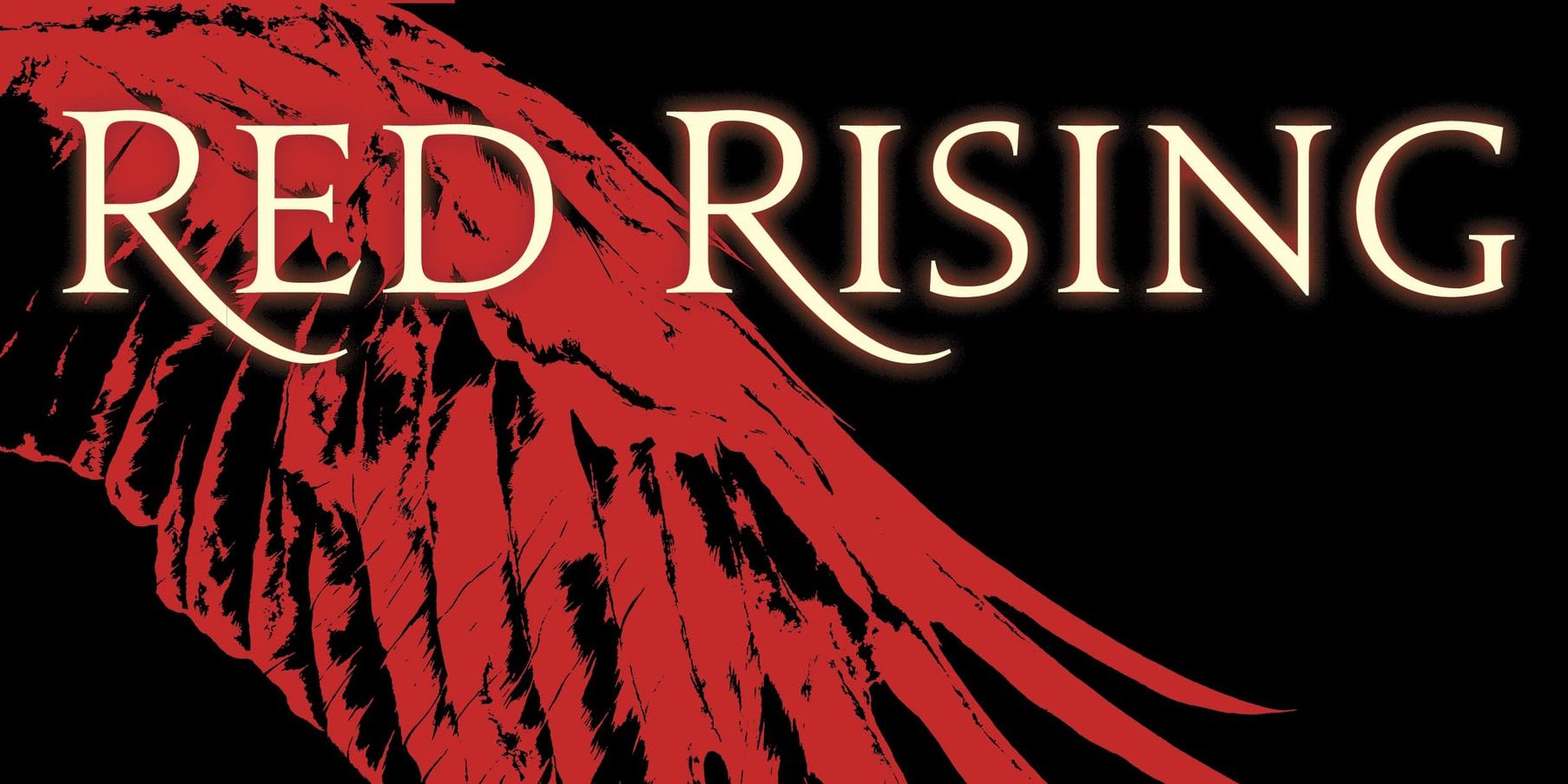
Red Rising by Pierce Brown falls under several genres, but the plot's societal hierarchy matches the closest with dystopian elements. After the collapse of Earth, the Society split the population into separate colonies, giving each colony an area of expertise and focus. The series follows Darrow, a low-born Red—the lowest color in the hierarchy—whose family has been placed on Mars to help prepare the surface for colonization. However, Darrow quickly discovers that the Reds have been lied to for generations, and while they have been slaving away and dying under the surface, civilization already reigns above them.
While the book perfectly blends fantasy and sci-fi, the government corruption, societal hierarchy, and technological advancements categorize it as dystopian as well. Like all classic dystopian novels, one character stands out from the rest, and Darrow more than rises to the occasion in his attempts to dismantle the obvious government corruption. Darrow's story is full of high stakes and plot twists, making this series a perfect match for fans who enjoy the dystopian genre.
8 Us Dark Few (2023)
Written by Alexis Patton
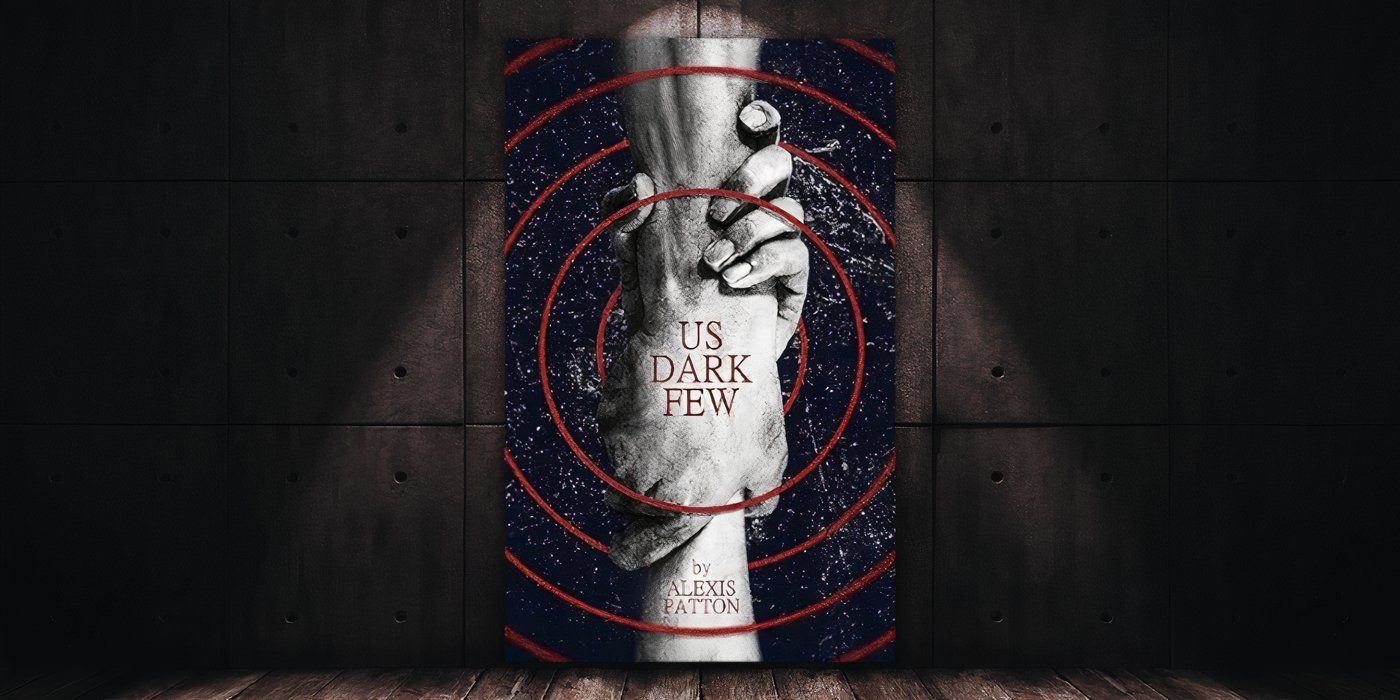
The first in a two-book series, Us Dark Few picks up several hundred years after a series of nuclear wars—making Earth's surface uninhabitable. As the population is forced to take refuge deep under the surface, the underground city of Apollo is both a safe haven and a cage—as no one has ever been permitted to leave. Life in Apollo is dictated by the last above-ground, domed city of Genesis, where the rules are strict and the wealthy are few.
Patton's Us Dark Few is a refreshing new take on the dystopian genre and revolves around the life of Khalani Kanes—a young woman wrongfully sentenced to life imprisonment in the underground Braderhelm Prison for a crime she didn't commit. The intro to Patton's novel quickly kicks off a series of events that leads to its main protagonist discovering harsh truths about Apollo's current societal structures. During her time in prison, it becomes very apparent that Genesis has established lies to keep the poor class under government control.
7 The Hunger Games (2008)
Written by Suzanne Collins
Suzanne Collin's original trilogy is a must-read ahead of the new Hunger Games prequel book releasing in March 2025. Not only does this dystopian series totally immerse the reader in its harsh societal dynamics, but it expertly maps out the history surrounding its government corruption. The Hunger Games follows the life of Katniss Everdeen as she volunteers to enter into the brutal Hunger Games tournament in her younger sister's place. The games demand that two children be selected as tributes from each of the Capital's 12 districts, in which they will compete to the death.
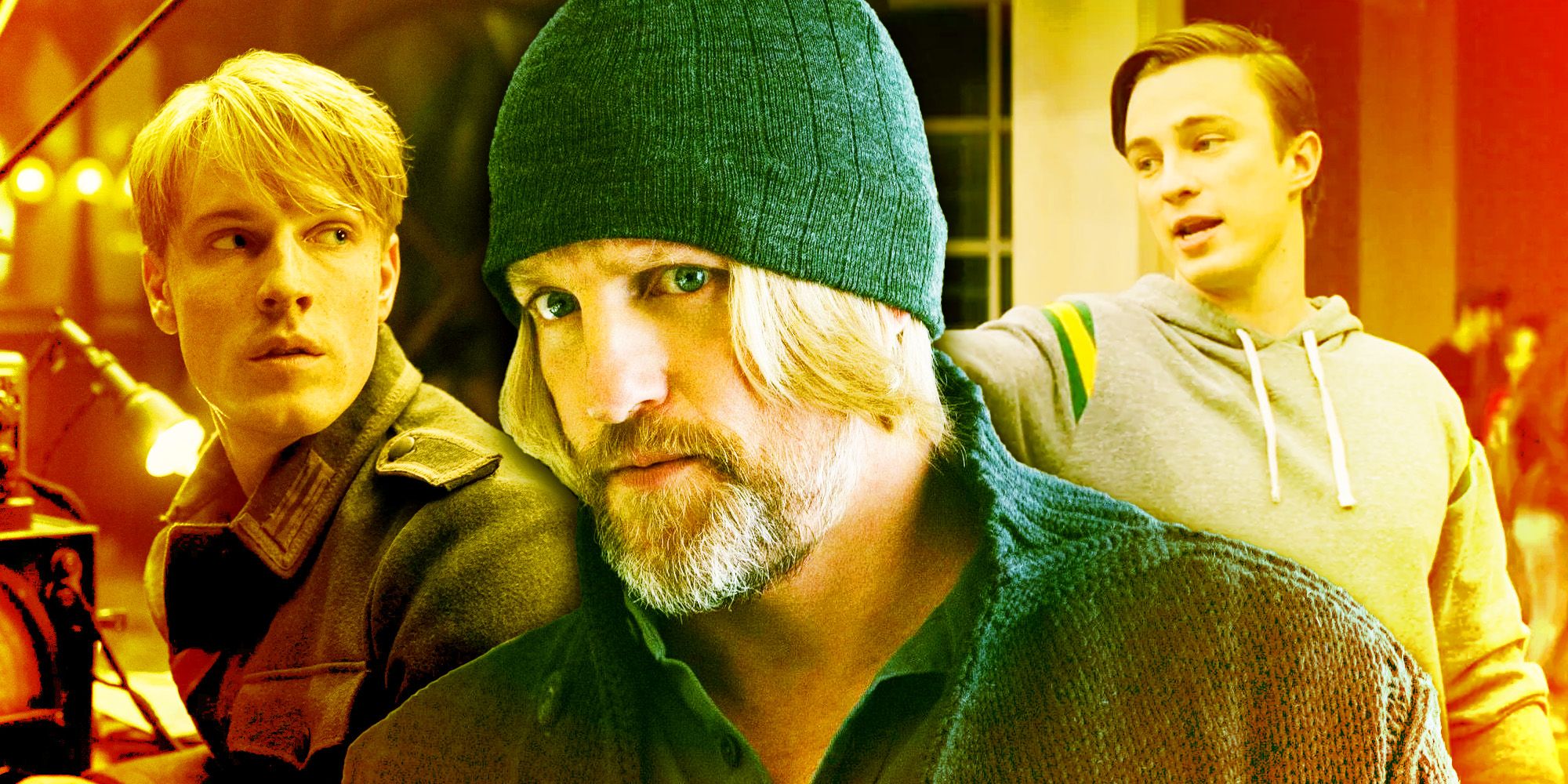
Related
Recasting Haymitch For The Hunger Games Prequel Movie: 10 Actors To Replace Woody Harrelson
Suzanne Collins just announced a prequel book focusing on the Second Quarter Quell, Haymitch’s Games, which will be accompanied by a movie in 2026.
This annual event is held as punishment for an uprising in the districts that happened decades before the story kicks off, but is used to keep its citizens fearful and in line with its harsh rules. The Hunger Games trials dynamic later inspired a plethora of dystopian novels, and brought more acclaim to the genre as a whole. While Sunrise On The Reaping is a prequel to this series, it is recommended to read The Hunger Games trilogy first to fully understand the dynamics of the games, and its main protagonist.
Written by Rachel Schneider
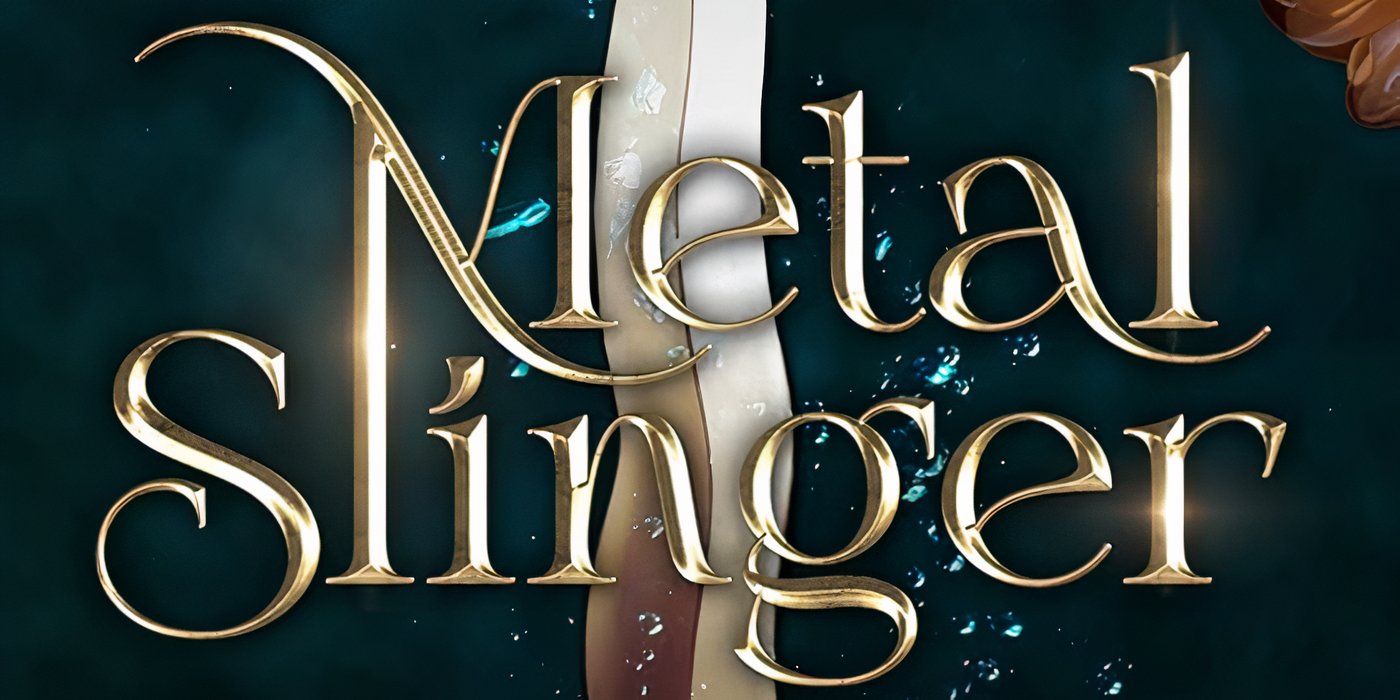
Metal Slinger is a great fantasy book series for those who love a good mix of fantasy, romance, and dystopian fiction. After a war that divided its people, the exiled Alaha are forced to live life on the sea, only invited to touch the Kenta land once a year. Only the lucky are selected to do so, and Brynn has spent her whole life waiting for the chance to attend the annual market—and her chance arrives thanks to her training as a future guard.
The fast-paced action and thrilling plot throughout Metal Slinger make it an incredibly easy and entertaining read. The book revolves around a corrupt government, hidden truths, and oppressed people who wish to fight for more than their given. Metal Slinger adds a lot of fantastical elements to the narrative as well, and some tropes found within could label it as more of a romantasy— but its dystopian setting is still what drives the story.
5 The Giver (1993)
Written by Lois Lowry
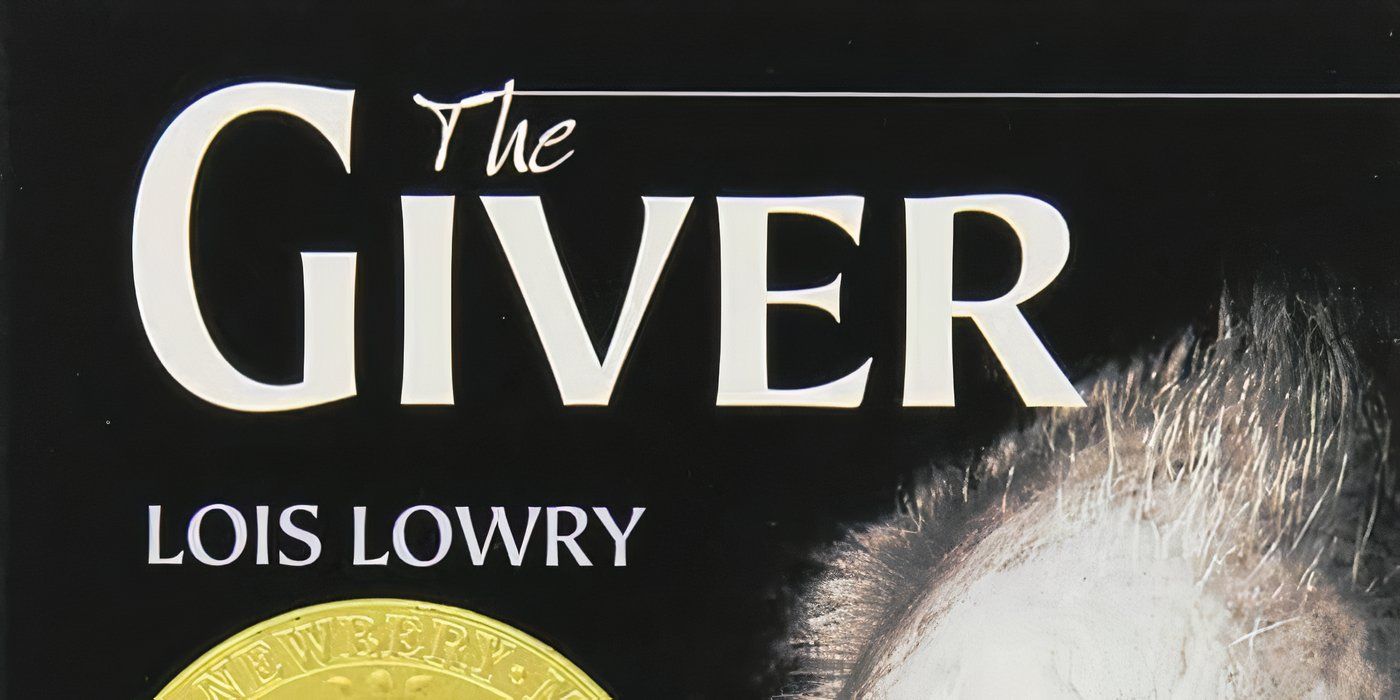
Lois Lowry's The Giver depicts a dystopia first disguised under the illusion of a utopia. Life in the community is described as idyllic, but citizens have little autonomy over their own lives. Citizens are assigned practically every aspect of their life, from their partners to their jobs, and even the children they will raise are assigned and come from pre-selected birth mothers. Nobody in the community questions society's authority over their lives—not until Jonas, a 12-year-old boy, is chosen for something different.
Instead of being assigned his pre-designed life at the Ceremony of the Twelve, Jonas finds himself working with a mysterious old man known as The Giver. During his time of instruction, Jonas begins to understand the power of feelings, and uncovers harsh truths about the society they live in. The Giver is an incredible story that depicts totalitarian control, lack of individuality, and the concern with placing total trust in the government.
4 The Handmaids Tale (1985)
Written by Margaret Atwood
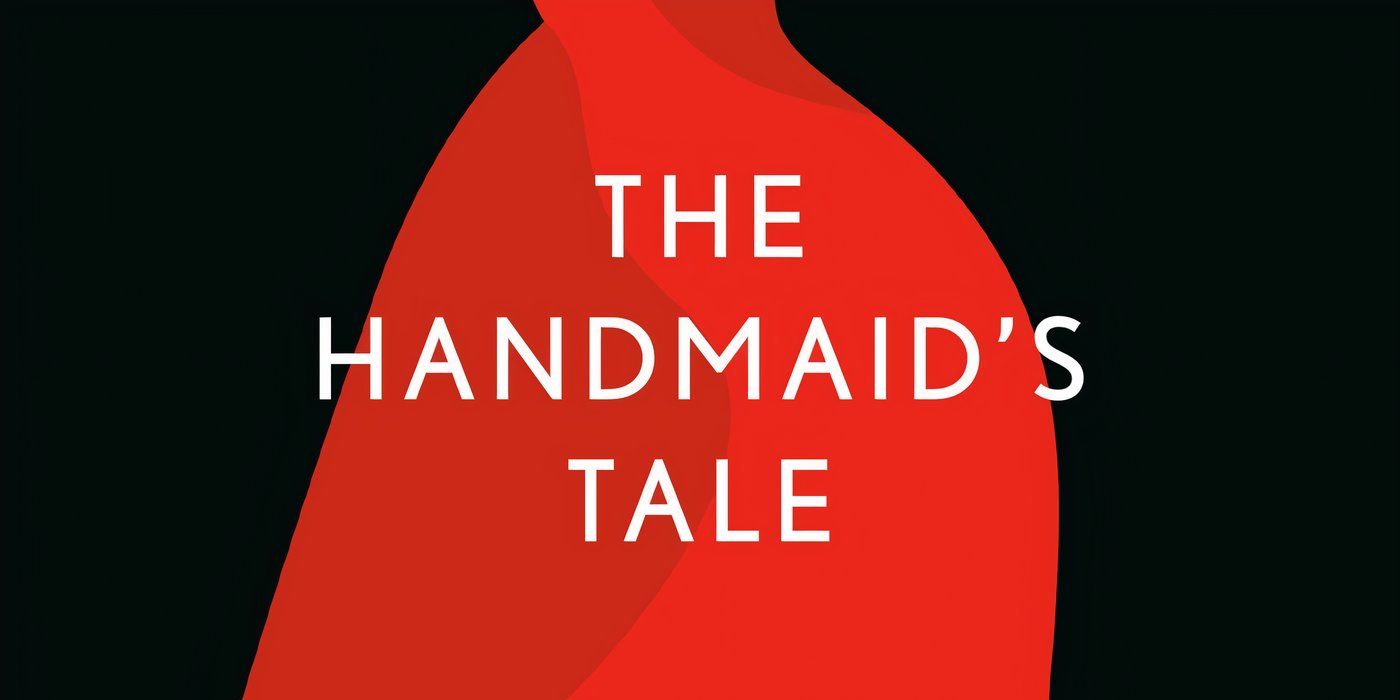
The Handmaid's Tale by Margaret Atwood is probably one of the most revered dystopian novels of the last several decades. The story depicts the collapse of the government, and, through fear and control, those in power have built a new society that raises some major concerns. Offred is torn from her family and reassigned to become a Handmaid in the Republic of Gilead. This basically means her rights have been stripped from her—she is no longer allowed to read, speak, or even have control over her own body.
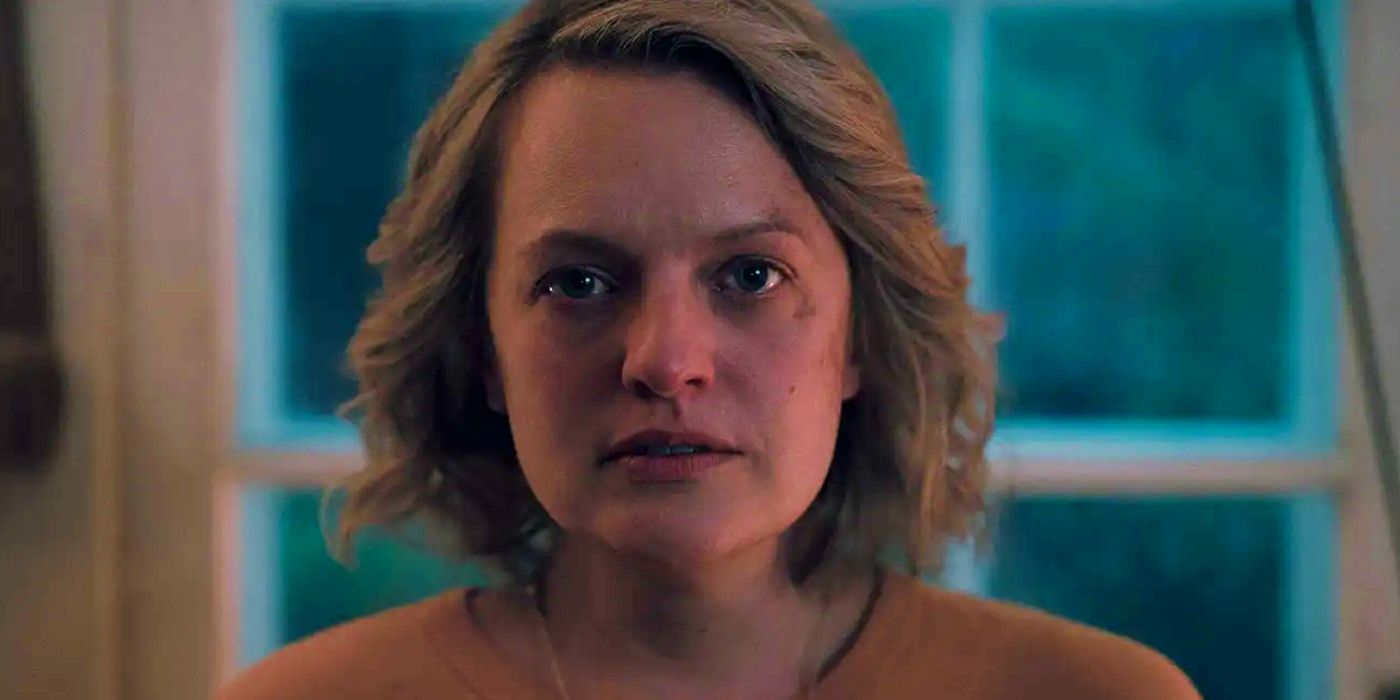
Related
The Handmaid's Tale Season 6 Teaser & Images Reveal First Look At Final Episodes
A first look at The Handmaid's Tale season 6 have been released, offering a quick look at the show's final episodes ahead of their 2025 premiere.
The Handmaid's Tale reads as a frightening depiction of a dystopian future, and its masterful storytelling has even propelled an adaptation into an award-winning Hulu TV series. Now in season six, Hulu's The Handmaid's Tale continues to captivate audiences with its relevance to current events and compelling moral dilemmas—forcing people to truly reflect on the troubling society depicted in the books. While the show has continued to build upon Atwood's source material, it has stayed faithful to the novel's many themes and main plot.
3 Fahrenheit 451 (1953)
Written by Ray Bradbury
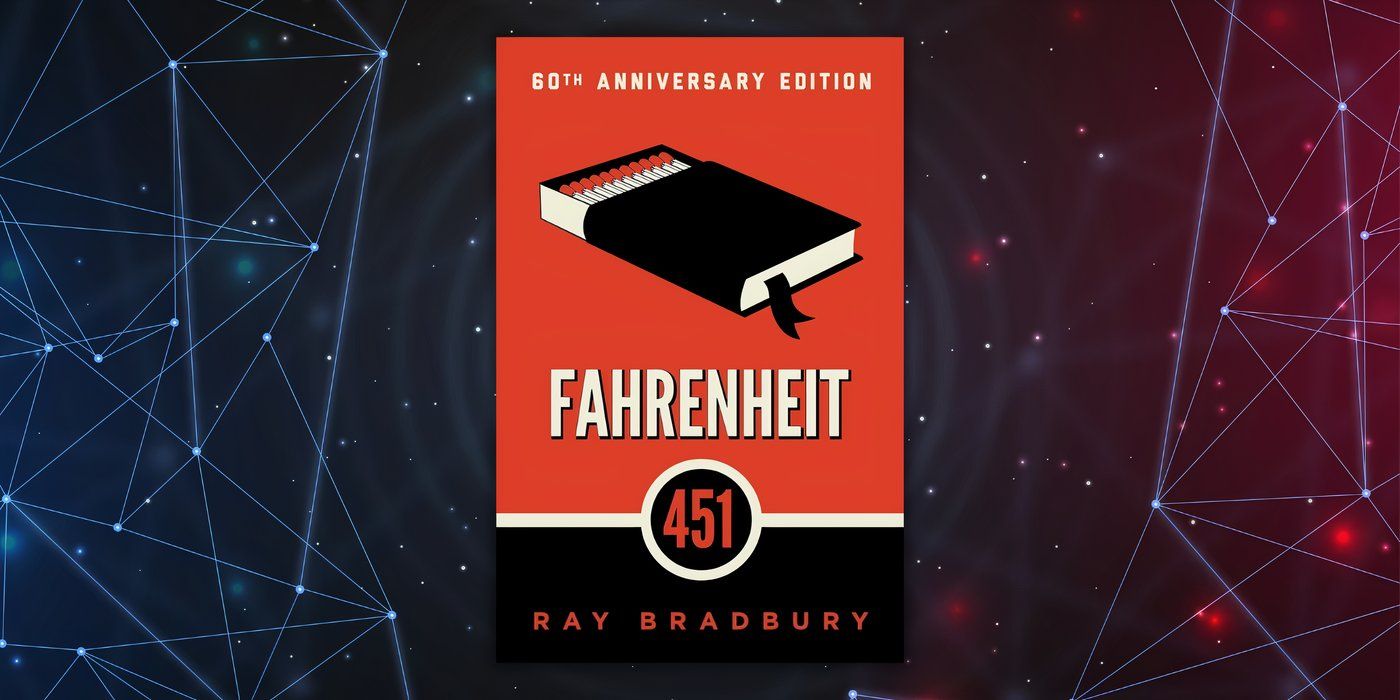
The dystopian world found in Ray Bradbury's Fahrenheit 451 is a classic example of government control, loss of individuality, and the negative effects of technology. Information is kept from citizens, and the biggest concern throughout the novel is its desire to ban books from society. The government fears that if citizens were to think for themselves, corruption and violence would emerge among the populace. So instead, they placate them with drugs and entertainment, and keep close surveillance on anyone acting outside the new societal norms.
Fahrenheit 451 's powerful message serves both as a reminder and a warning of what a future too dependent on technology could become.
The story follows the life of Guy Montag, a firefighter whose job is to burn books and the houses that harbor them. His life follows the same pattern day after day, and it is not until he meets his neighbor Clarisse that he begins to question his role in this new society. Fahrenheit 451's powerful message serves both as a reminder and a warning of what a future too dependent on technology could become.
2 Uglies (2005)
Written by Scott Westerfeld
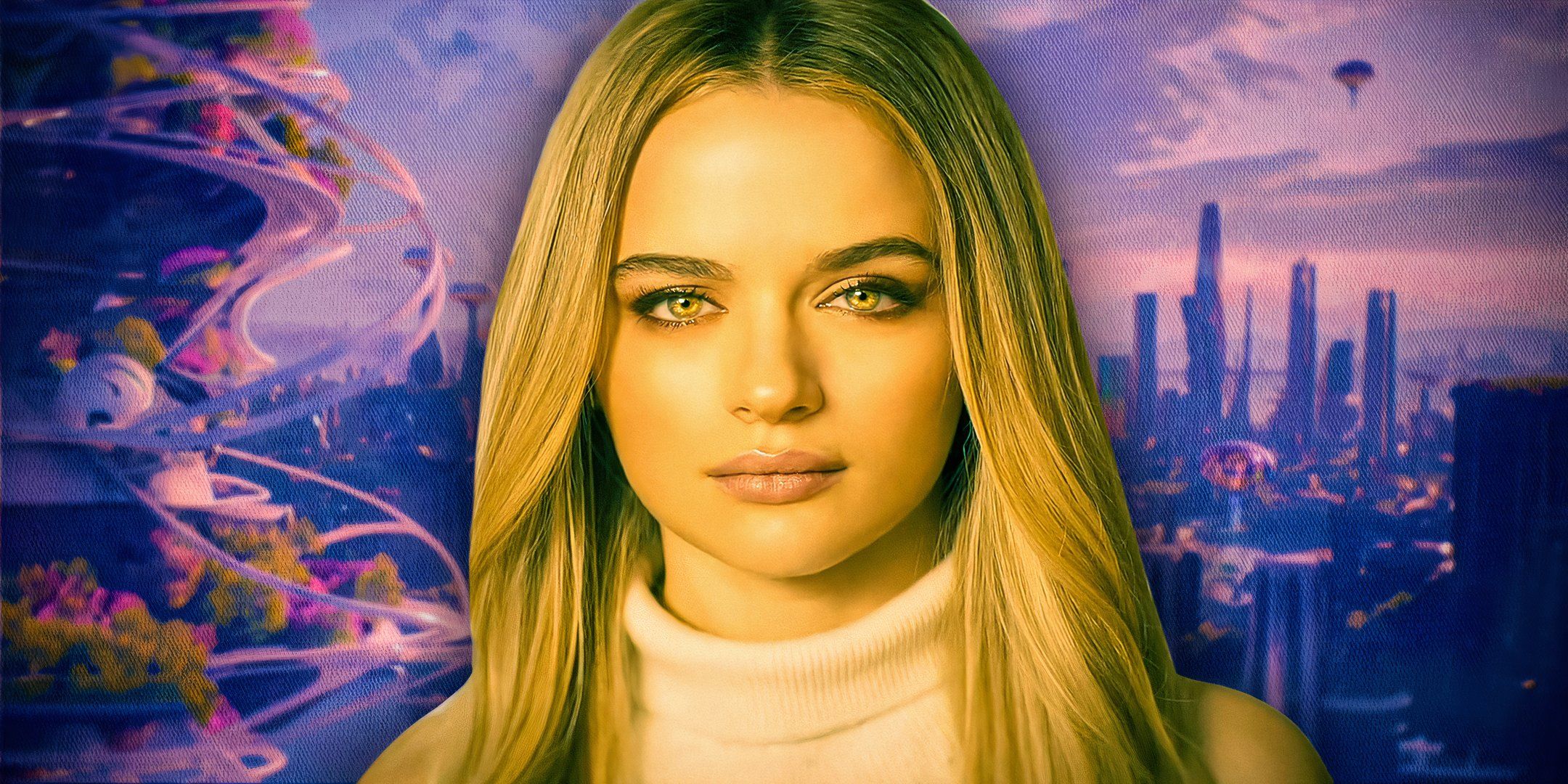 Custom image by Yeider Chacon
Custom image by Yeider ChaconUglies by Scott Westerfeld is a young adult dystopian fiction that portrays the truly "ugly" side of government propaganda and control. The series follows the life of Tally, whose life is about to change when she turns sixteen and can finally be made into a Pretty—an operation that would technologically enhance every characteristic and erase any flaws. However, as her friend decides she doesn't want to join the Pretties and runs away, Tally's life is forever changed.
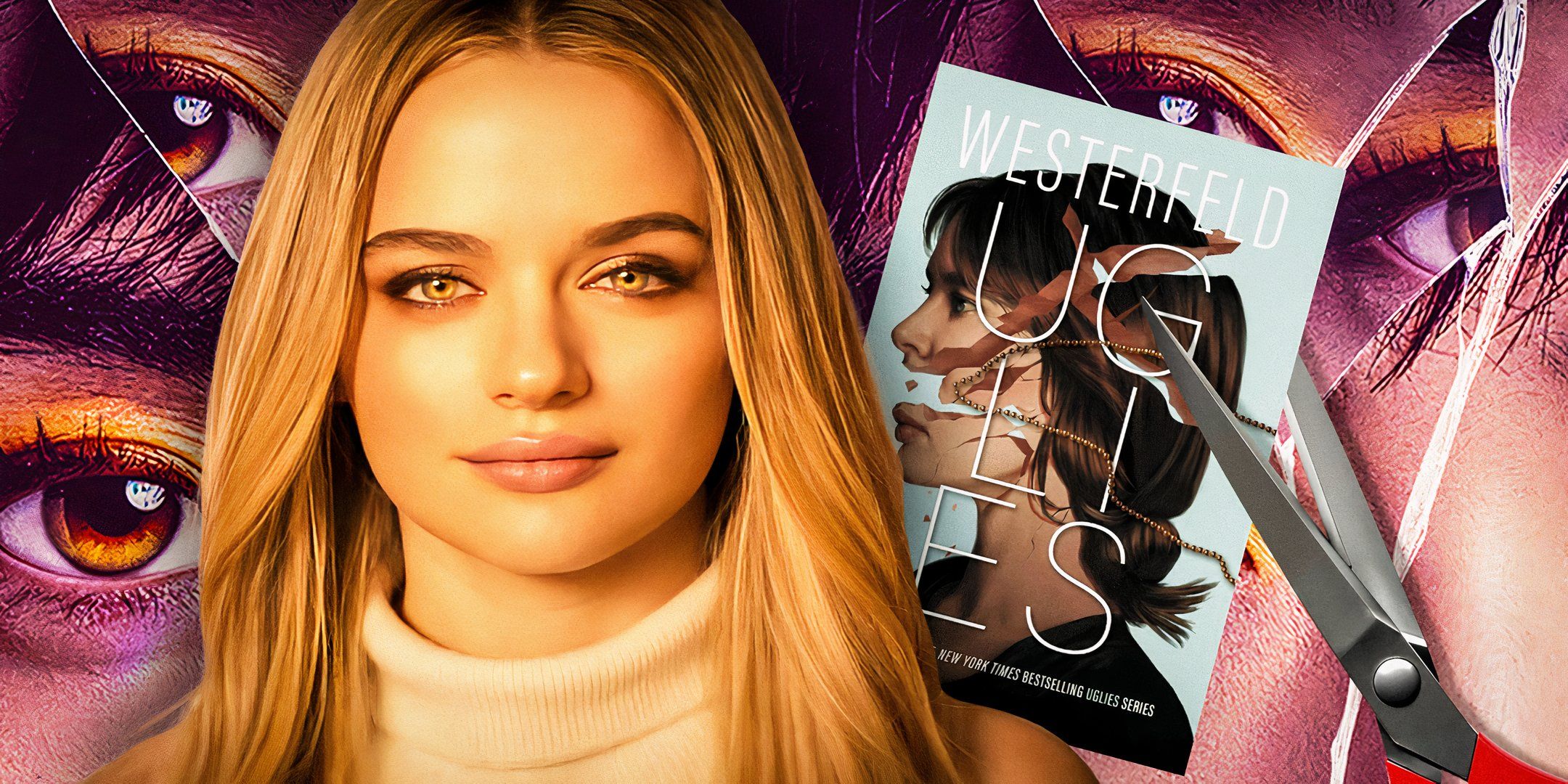
Related
Netflix's Uglies Movie Cleverly Included A Disgusting Deep Cut Book Moment
Netflix's sci-fi Uglies made several changes to Scott Westerfeld's book, but the film's opening scene was a quiet nod to a memorable Tally line.
The book series challenges society's obsession with beauty, and in turn makes Uglies' mandatory cosmetic surgery a frightening depiction of its government control. Once Tally learns the truth about what becoming a "pretty" entails, she forgoes the life of the Pretties and joins the rebellion in hopes of dismantling societal oppression. The Uglies sequel, Pretties continues this narrative, and the series as a whole is a great addition to the dystopian genre.
1 The City Of Ember (2003)
Written by Jeanne DuPrau
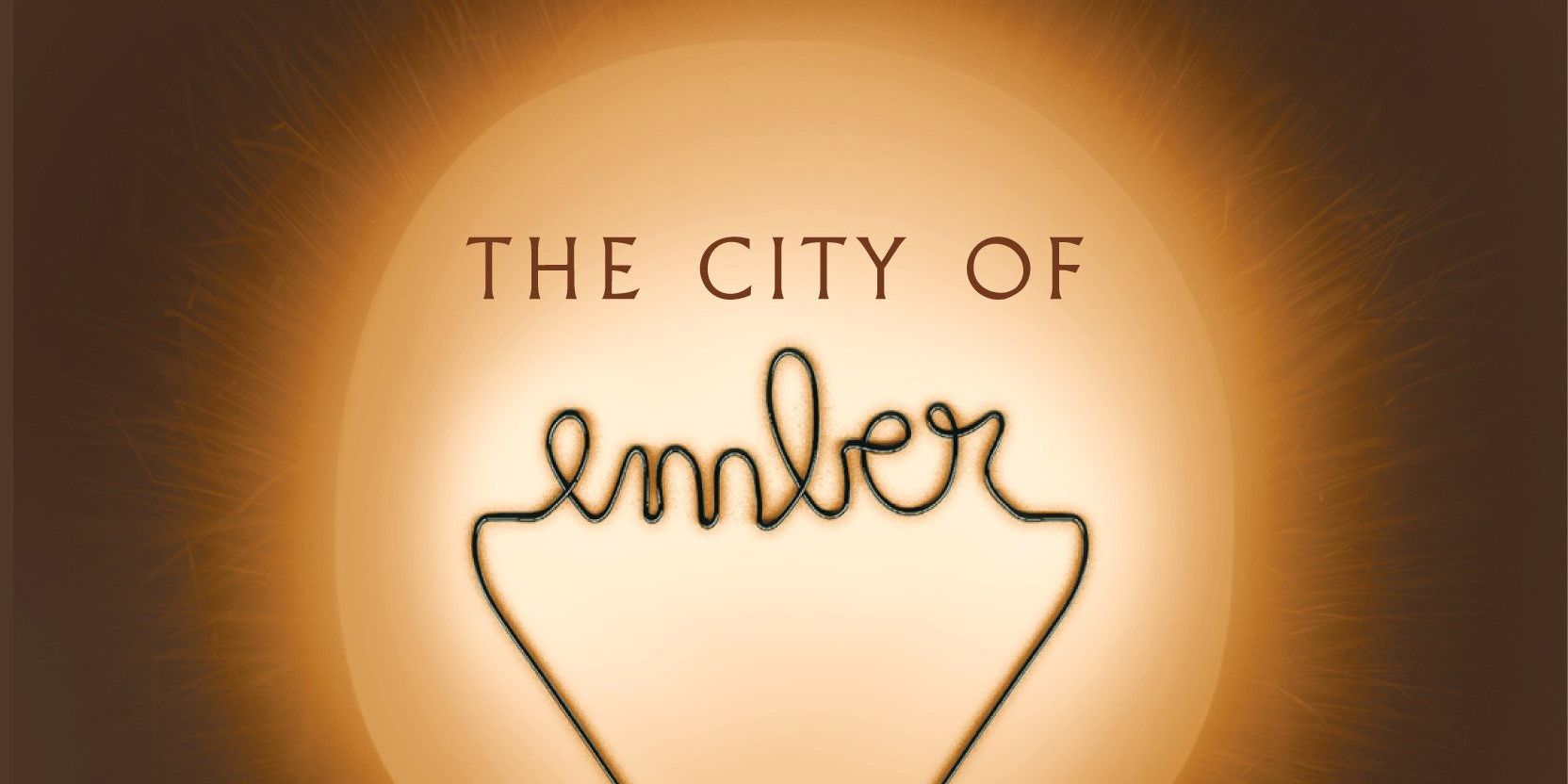
Known as one of the best children's fantasy books, Jeanne DuPrau's The City of Ember continues to be an entertaining read, no matter how old you get. The City of Ember depicts a society that is forced to live underground for hundreds of years, left behind by the Builders with everything needed for human survival. However, when their stockpiles are found to be almost depleted, Ember is threatened to become engulfed by darkness. No one dares venture above the surface, but when two children decide to take matters into their own hands, they discover truths long forgotten.
The City of Ember challenges several societal norms and depicts different responses to fear and the unknown through many different characters. The belief that the Builders placed them underground for a purpose is held by Ember's citizens without much proof, and their fear keeps them trapped, regardless of their dwindling resources. Because The City of Ember is set for a younger audience, its narrative can become a bit predictable. However, this doesn't take away from the novels' entertainment factor, and still makes for a great read ahead of The Hunger Games prequel release.


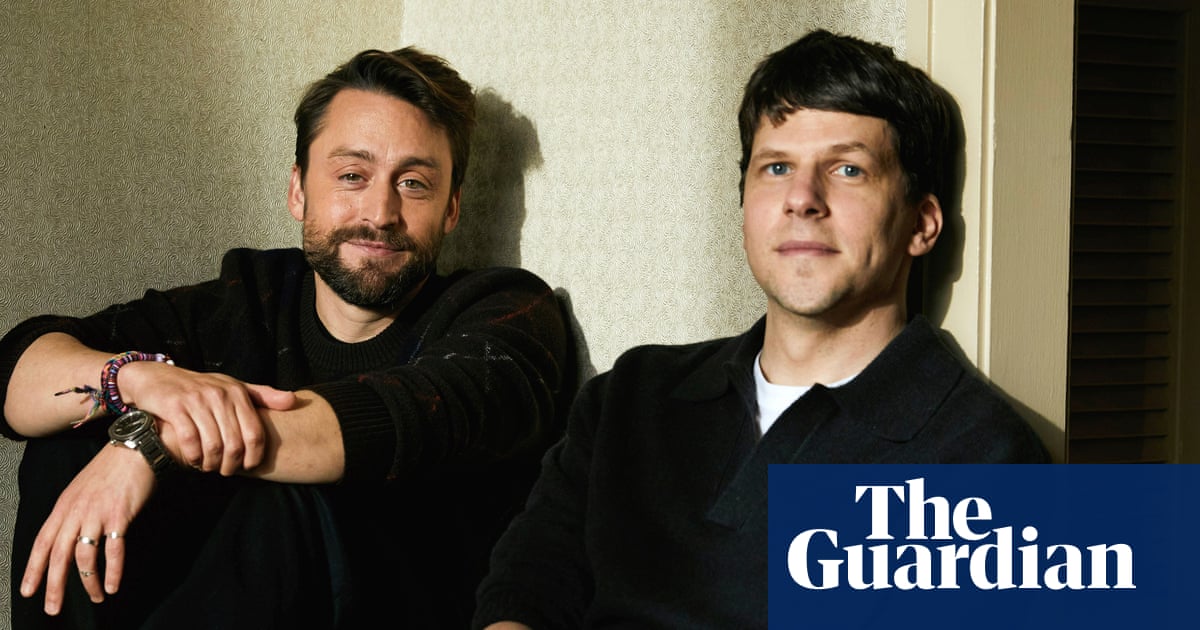
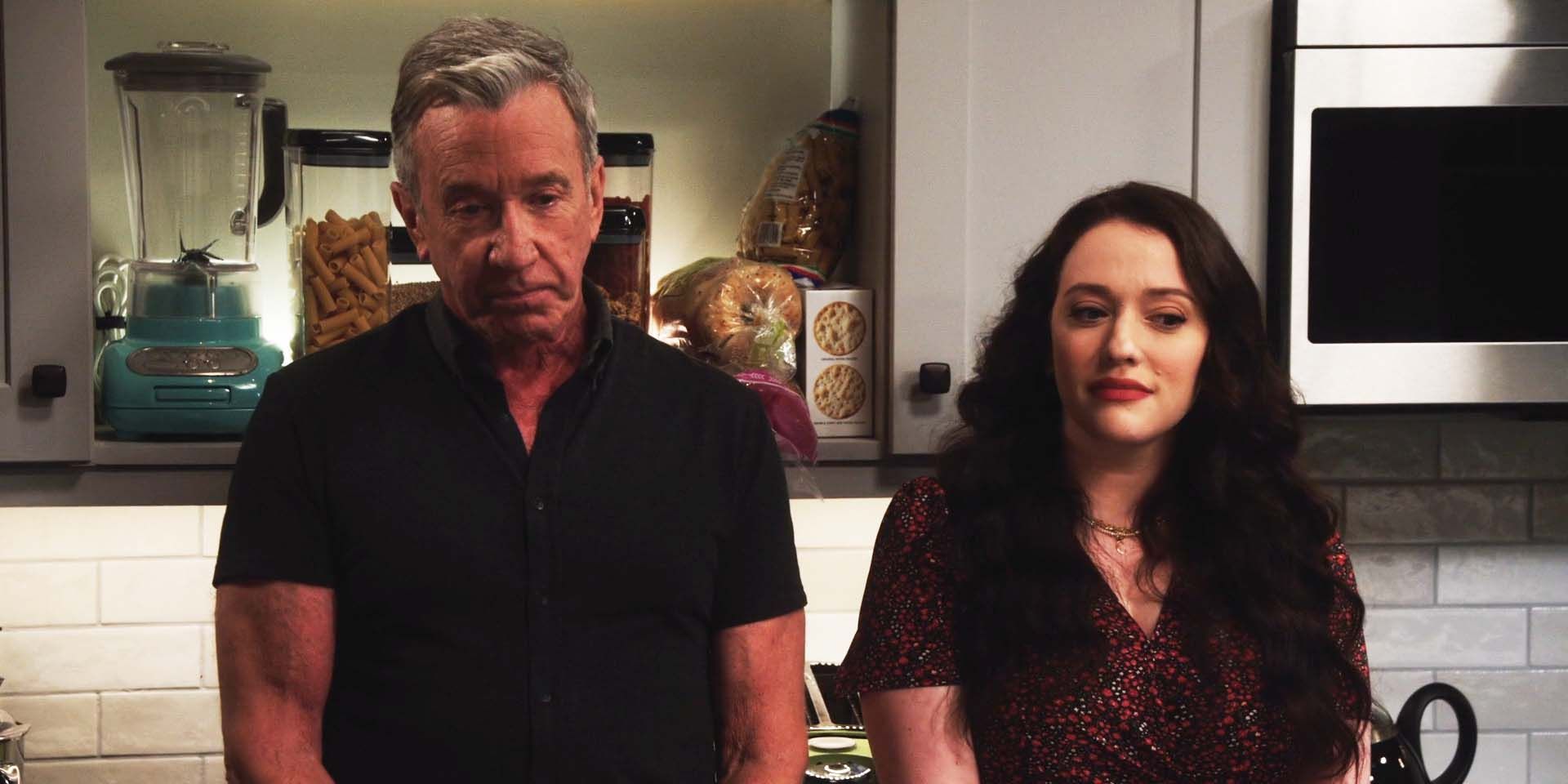





 English (US) ·
English (US) ·